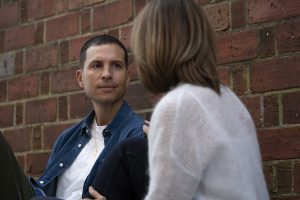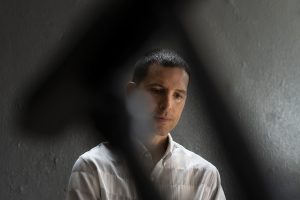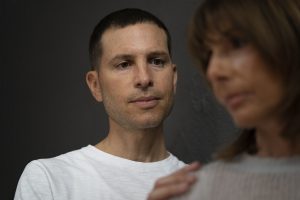In 2009, we published Stay Close. Shortly thereafter, we launched a website and blog in order to create a community of support for all those suffering from the consequences of addiction. We started with a team of three dedicated people, who believed that we could make a difference. Jeff and I wrote weekly meditations, and Aamir Syed brought our vision to technological life.
Today, July 21, 2022, we celebrate Jeff’s 16th anniversary of sobriety. After suffering through a 14-year heroin addiction, he stands as a testament to the hope of recovery. A noble and gentle man, he is a good son, brother, and uncle; a productive businessman; and a loving friend to many.
On this significant day, with gratitude and grace, we’ve decided to close this chapter and stop writing Thursday Meditations. We thank you, our readers, for staying close all these years. You have humbled us with your outpouring of support and compassion, all the while sharing your stories of suffering and hope.
We also thank a team of talented artists, who helped us along the way with visual and technical support. We couldn’t have achieved our goals without Michele Borzoni, Mikele Roselli-Cecconi, Maria and Carolina Usbeck, Davood Madadpoor, George Burroughs and Lauren Giordano.
We thank John Boss, Jeff’s former sponsor, whose faith and wisdom continue to inspire us. Our beloved Dr. Patrick MacAfee has passed on, but not before he was able to help Jeff with compassion and love. He showed me, through his example, how to open my heart and understand the conundrum that is addiction. He taught us that only by taking addiction out of shadows and into the light can it be healed. He will be forever in our hearts, and his teachings will continue to light our way.
Our love to all of you. Stay Close.
Libby, Jeff, and Aamir











86 Comments.
View Comments | Leave a Comment